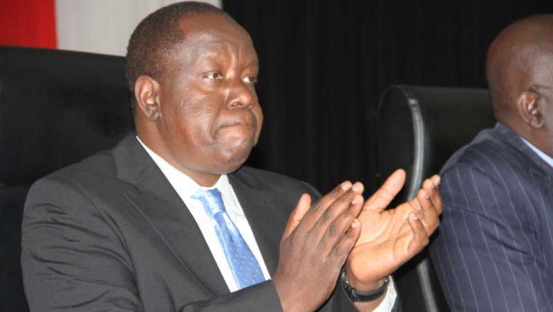
The speedy release of the 2017 Kenya Certificate of Primary Education (KCPE) examination results, only three weeks after the conclusion of the tests, is an affirmation of the root and branch changes in the administration of exams in the country.
This year’s results registered a marked improvement on the overall 2016 results. The highest score this year was 455 marks out of a possible 500. In 2016, the highest score was 437 marks. A total of 998,718 candidates sat the 2017 exams, an increase of 5.49 per cent from 2016. There was also an increase of 5.34 and 5.64 per cent respectively for the number of boys and girls who sat for the exams. Over the last four years, there has been an increase in the number of female students; an affirmation that both sexes have equal opportunity to education in line with Government policy.